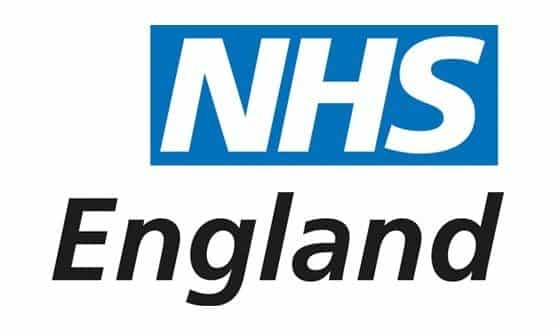Trusts quizzed to become digital excellence centres
- 18 August 2016

Selected trusts competing for part of a £100 million “digital excellence” funding pot must justify their bid through details of their relationships, support, and digital forward planning.
NHS England will judge the 26 selected acute trusts on six broad questions. In information provided to Digital Health News, the commissioning body said these question would include, “how will you contribute to developing digital maturity?” and “what would success look like?”.
Other questions included, “what relationships do you have in place to help you become a centre of global digital excellence?” and, “what support do you have to join this programme?”.
The answers to these questions will form the basis on which 16 of the 26 trusts will be awarded up to £10 million in central funding to become “centres of global digital excellence”.
The successful trusts will be announced at the Health and Care Innovation Expo event on 7 and 8 September in Manchester.
When the fund was announced earlier this month, NHS England said it was based on their Digital Maturity self-assessment scores, something that was criticised by several Digital Health News readers who felt this policy left less advanced trust further behind.
This week an NHS England spokeswoman said as well as self-assessment of digital capability and readiness, trusts were picked based on their involvement in digital innovation and in order to cover a “range of different solution types”. Selections were also made in consultation with NHS Improvement.
Some shortlisted trusts who responded to Digital Health News for this story said they were “delighted” to have been chosen and intended to bid to become a centre.
Dermot O’Riordan, chief clinical information officer and consultant surgeon at West Suffolk NHS Foundation Trust, said it was not the money that excited him but “what you can do with it”.
“We have a planned programme, that we’ve already got running, so it would enable us to accelerate some that and speed stuff up.”
Peter Young, chief information officer at Alder Hey Children’s NHS Foundation Trust, said: “We are really excited by this opportunity to help us accelerate our development of digital systems across Alder Hey towards our goal of achieving HIMSS level 7.”
A spokesman at Cambridge University Hospitals NHS Foundation Trust said it was hoped that becoming a centre would help the trust build on the progress it had already made.
“We are confident that eHospital will be able to bring further benefits to future generations of patients and clinicians, not only at CUH [Cambridge] but also across our local and wider health systems.”
Derby Teaching Hospitals, Homerton University Hospital and University Hospitals Southampton NHS foundation trusts all confirmed they are starting the application process.
Digital Health News understands industry has been told that the scheme is partly aimed at bringing some NHS trusts up to the standard of the best American acute health IT set-ups. The money is also intended to prevent the digitalisation of hospitals faltering after the initial set up of patient administration systems, order communications and e-prescribing.
An NHS spokeswoman said the £100 million has come from the existing settlement for paperless 2020, the £1.3 billion earmarked by health secretary Jeremy Hunt in Feburary.
There is a variety of systems run at the selected trusts including Cerner millennium, Epic, TrakCare, Emis, TPP, IMS Maxims, System C Medway, and Allscripts.




